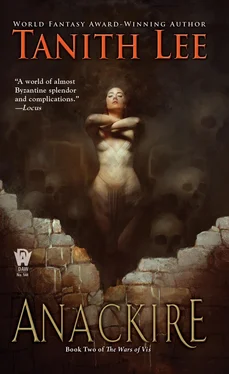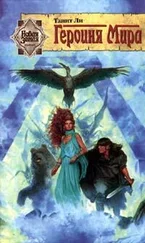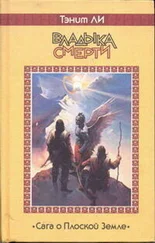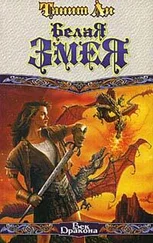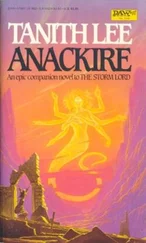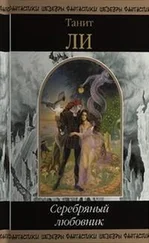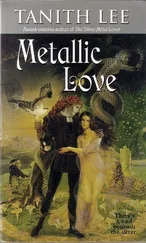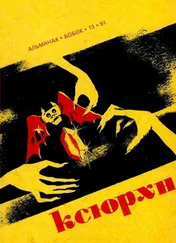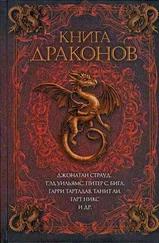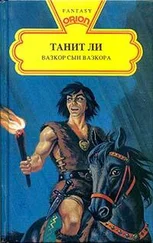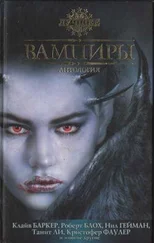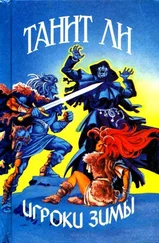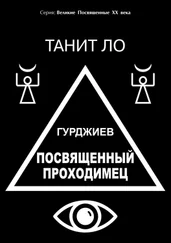Kesarh appeared to accept both the King’s patronage and the blank wall of death. He was thought, by many not directly initiate, to be the current royal favorite. His displayed but disciplined bereavement was admired.
Several days after the headlong ride back from Ankabek, walking through the lower city, Rem met Doriyos, guarded by the elderly tortoise from the House of Three Cries. Doriyos came up to him and stood slim and well-mannered before him, and said, “I never see you anymore.”
Rem smiled, mostly at Doriyos’ beauty, which shone like a lamp in the sallow day.
“I’m sorry for that.”
“Sorry for me, or for yourself?”
Rem smiled.
Doriyos said simply, “You’re in love with him, then.”
Rem stopped smiling.
Doriyos said, “I mean, with your lord. Your Prince.”
“Wake up,” said Rem. “Stop talking like some coy girl. That was what I had you to avoid.”
Doriyos cast down his eyes. “And you learn, too, the speech of the beloved.”
Rem walked on and left him standing there, his light slowly dimming, like the last summer sky.
The skies turned to slate and bore great winds. Then to grayness and to stillness. The skies became low ceilings of gentle ivory from which there parasoled the pitiless fore-taste of the snow.
Raldnor Am Ioli propped with practiced ease a column of the covered walk, inwardly admiring himself, in his furs, the bright pallor of his hair, against the backdrop of a snowy garden.
When the first flecks drifted into Istris, he had found himself once more at the outer fringes of high society. With the first thaw, on the fringes of the court itself. Now the second snow, the three-month-siege snow, was down, the city Lowland-white, and ice creaking in the harbor. And Raldnor had strolled through the royal gardens in chat with a significant official. Pausing here among the columns, he had already seen the Warden of the council slowly patrolling on his own constitutional. When the man came level, they would exchange a few polite words.
Raldnor was pleased with himself. He had aided Kesarh, taken indeed a mighty risk for him, but it had turned out well advised. Kesarh had that mark on him, that devastating escutcheon of natural advantage. His ruthlessness, his magnetic personal power, exercised at will, effortlessly, were sure symptoms of greatness.
King-Maker. That was a title for Raldnor to toy with.
He had added his own revenues to help buy the council. They were all amenable now, predisposed. Kesarh’s own gold, so marvelous to those who had reckoned him in poverty, had sprung it seemed from a careful use of reliable bankers, and trade ventures that had brought in consistent though concealed profits. The business had been initiated by Kesarh at the age of thirteen. That was impressive enough. Impressive too he had, even as a boy, not squandered anything, lived as if poor in truth, letting the monies grow, never showing he had wealth until it would be opportune.
The Warden was nearly level now. A half-blood Vardish Vis, as Raldnor himself, but dark in looks: Suthamun’s sop to the people.
“Good day, lord Warden.”
“Good morning. A cold one.”
“All we’ll get now, my lord, until the spring.”
The Warden had paused, his clerk at his back, his guard farther off. Others patrolling the walk would note whom the Warden of Istris stopped beside.
“I must thank you for the wine, Raldnor. A very welcome vintage in this weather.” Raldnor bowed. The two unmentioned jars in which the wine had gone were banded with precious metals and gems. “And tomorrow we give thanks for a new heir,” said the Warden. “The blessing of Ashkar, to replace lamentation for the loss of a son so quickly with hymns of joy at the birth of another.”
“Yes, indeed.”
They stood solemnly, considering the blessing of Ashkar.
The boy-child had been born on the first day of the siege snow, to one of Suthamun’s lofty Shansarian wives. In antique Dortharian belief, that would be the soul of Jornil returning. Tomorrow, the whole court must roll their chariots through the whiteness to the Ashara Temple, where the repairs upon the roof had been just now suspended until spring. Skeletons of scaffolding reared from the heights, like an extraordinary forest. Levers and cantilevers held all supported and secure.
“I shall drink a cup of your good wine before setting out,” said the Warden. “The temple, I think, won’t be warm.”
He passed on, leaving Raldnor Am Ioli satisfied. Raldnor himself would not be at the temple ceremony. There was no particular reason for this absence. For the King-Maker had, in this respect, been told nothing at all.
The wind was blowing in across the bay, and smoking snow flared along the streets. The royal household struggled through it. Shansarian horses trapped in gold slid on carpets of ice.
Inside, the temple was unwarm, as predicted, its lamps tilting to the wind. But Ashara, balanced on her burnished fish-tail at the temple’s eastern end, and clothed only in carven hair, did not feel the cold.
For a child, no blood was shed, but perfumes. A soaring window of thickly colored glass threw down its lights into the pillars of incense, through which the new heir was now brought, quieted by soporifics, to be shown to the goddess.
Suthamun stood in the shadow of her four right hands, Uhl and the younger brothers beside him, and near them their sons, the chosen nobles. The Prince Kesarh had by many been expected to stand there with them, close to the King. But Kesarh had effected the same mistake twice. Until now decorous and modest, all at once he had made it plain, as when he had come back from Tjis, that he anticipated favor. Some remark had casually been let slip concerning his placement in the temple. Suthamun, softly this time as velvet, had seen to it the Prince Kesarh was requested to stand farther off.
The ceremony, which in Shansar would have been conducted on open rock or in some hut before the totem, having gathered clutter, dragged.
Amid the chants, a dull crack of sound far above went unheard by several. Of the royal party, only Prince Uhl glanced upward, instinctively; those who watched saw Suthamun smile, shaking his head. He, like most others, took the noise for a solitary blotting of the wind against some loose strut of scaffolding. The state of the roof had earlier been viewed by palace officials, and it was safe. Among the scatter of other heads raised, the Prince Kesarh’s did not number. Though he had heard the sound, he knew perfectly well what it was.
Perhaps five minutes later, another sound began, however, which caused the chanting of the priests to stumble. At first almost inaudible but gradually burgeoning, it was a strange rushing, like that of water. A stream of powder sprinkled down out of the air and across the altar.
Very few now did not look up. Unblemished, the pale dome above the goddess’ head showed signs only of permanence. Then came a colossal bang. Women wailed. Shouts rang out. And from the square beyond the doors cries arose. A hill of snow had poured down the surface of the temple roof, crashing to the ground. Almost immediately the concourse of people recognized the frightful blow for what it was, although such shifts did not normally occur until the spring thaw. A wave of reaction flowed through the gathering. Suthamun was seen to smile again, as he leaned forward under the goddess’ hands.
And then another woman shrieked.
There was just the space for that, and for a sudden veining to appear like a web in the dome. Then the dome cracked like eggshell. In white thunder, the eastern roof dropped into the temple.
Tons of masonry fell, descending like a driven bolt, and, striking earth, splashed out again in all directions. Missiles hit stone and flesh. The great colored window was riven.
Читать дальше
